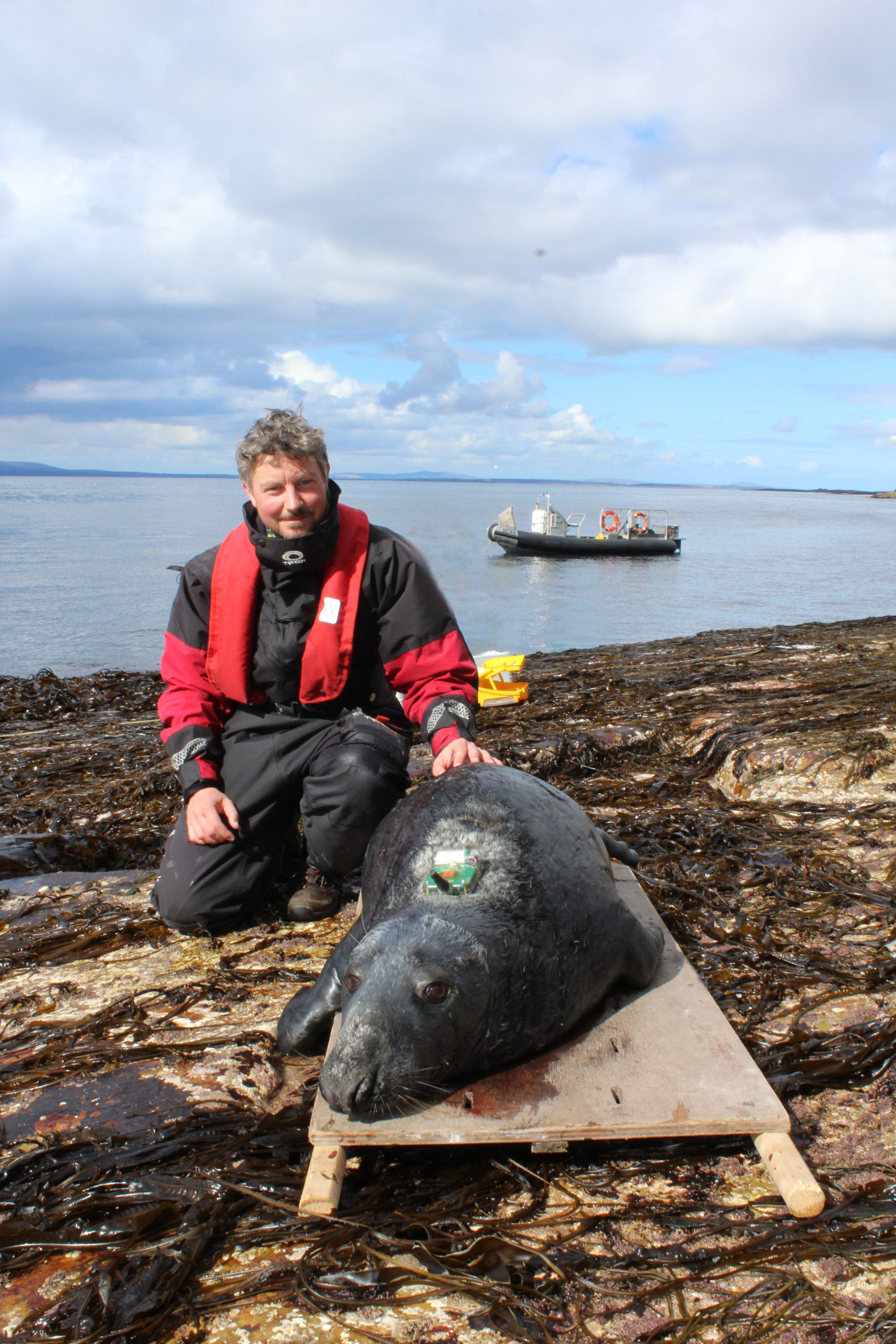Our world-leading marine research underpins a wide range of undergraduate and postgraduate programmes: Research-led teaching | Exeter Marine | University of Exeter. In this #MScGraduateInFocus series we are looking back on some of our MSc graduates who have excelled in marine conservation around the world since studying with us.
Today we meet Matt Carter, MSc Conservation and Biodiversity graduate (2014) and now a Postdoctoral Research Fellow at the University of St. Andrews!

Hi Matt! First off, why don’t you tell us a bit about what you are up to now?
I am a postdoctoral research fellow at the Sea Mammal Research Unit, University of St Andrews. My research entails tracking seals at-sea using animal-borne devices to study their behaviour and habitat requirements.
After my MSc I applied for a PhD studentship at the University of Plymouth to study how grey seal pups develop foraging behaviour. The unique skillset that I had developed at Exeter made me a strong candidate for the role and I was offered the position. I had always wanted to be a professional researcher but had a serious lack of self-confidence. My MSc supervisor was instrumental in giving me the confidence and ambition to undertake this journey. During my PhD I collaborated with the Sea Mammal Research Unit at the University of St Andrews. After completing my PhD I was offered a postdoctoral position by my supervisor at SMRU to continue studying seal ecology.
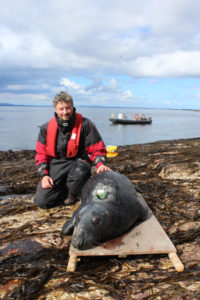
So, what did you enjoy most about studying your MSc?
Exeter has a great reputation for ecology and conservation, but the thing that really separates it from other top universities is the staff. I chose Exeter because I wanted to learn from exciting people who are leading their field and doing interesting research, making a difference in the world.
A strength of MSc courses is that students typically come from many different backgrounds. There is a strong focus on developing a peer group where you can share ideas and work with each other and get feedback in a friendly collegiate manner. I was nervous at the start of the course that I would not fit in with other students with a more relevant academic background, but I found that the course leaders were great at helping me to recognise my strengths and gain the confidence to be an active part of group discussions.
The academic climate at the Penryn campus is progressive, relaxed and inclusive, and you are encouraged to engage in seminars and research group meetings alongside professional academics. The setting in one of the most beautiful parts of the country means that this is the perfect place for people who are passionate about the environment and the outdoors. The Penryn Campus feels more like a vibrant community than an institution. Having grown up in Falmouth I can say that the campus has breathed new life into the town.
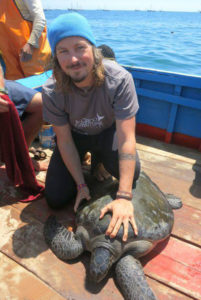
How did the MSc help prepare you for your career in research?
During the course I developed a number of analytical skills, such as using GIS and R, that have proved to be valuable assets in job applications. Also, being around so many good academic role models made me want to continue a career in scientific research.
The lecturers are an enthusiastic, passionate and creative group of people who will treat you as an equal. The facilities at the Penryn Campus are cutting edge, whether you are interested in laboratory or field techniques. The staff also have a wide network of connections to NGOs and local stakeholder groups that will help you to meet inspiring people and engage with different possible future career paths.
I think when employers see an application from a UofE Penryn Campus alumnus, they know to expect someone who has had world class training from experts in their field. Studying an MSc at Exeter’s Penryn Campus gave me a unique mix of skills from data analysis, to delivering poster and oral presentations, and even grant writing.
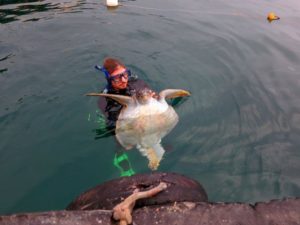
Any advice for students who might want to pursue a similar career?
When you choose your student project, think carefully about what you want out of it. Don’t just study something that is familiar to you. Pick a project that will give you a new skillset and take you out of your comfort zone. Often we choose to study certain species because we feel a particular connection to them. It’s good to be passionate, but think beyond the species, think about what transferable skills you can develop that make you a well-rounded scientist. Also, get used to discussing your work and ideas with your peers and be generous with your time if you can offer help to others. Peer review is an important principle in academia and it starts here. Having a strong support network as a student will help you through the tough times, and the people you study with on your MSc may well be colleagues in the future.
Life in academia is not for everyone. Don’t be ashamed if you decide it’s not for you, there are many other options. But, if you do think it’s for you, find a PhD that you really care about. You will be completely invested in this project for years so be sure that it is something that will hold your interest and allow you to grow as a scientist. Take every opportunity to learn from other people’s experiences and make use of the contacts you develop during your MSc. Maintain an open channel of communication with your supervisor and be honest about your ambitions and limitations.
Finally, Do you have any advice for anyone thinking of applying to any of our programmes at the University of Exeter?
If you want world-class education from inspiring researchers in one of the most beautiful corners of the country then you are in the right place…
Thanks Matt!
You can follow Matt @MattIDCarter and the Sea Mammal Research Unit @_SMRU_ on Twitter!
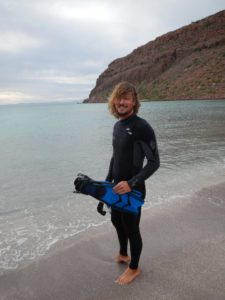
If you want to find out more about any of our suite of #ExeterMarine Masters and Undergraduate courses use the links below!
- NEW: MSc in Marine Vertebrate Ecology and Conservation
- MSc in Conservation and Biodiversity
- MSc in Conservation Science and Policy
- MSc in Evolutionary and Behavioural Ecology
- MSc in Sustainable Development
- MSc in Environment and Human Health
- MSc in Renewable Energy Engineering
- BSc Marine Biology
- BSc Zoology
- BSc Environmental Science
- BSc Conservation Biology and Ecology
- BSc Evolutionary Biology
- BSc Animal Behaviour
- BEng Renewable Energy Engineering

